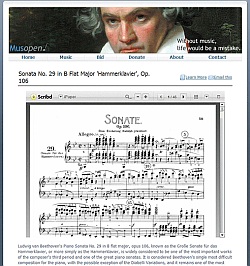Perfect Pitch Two/Pre-Publishing Tools
It’s okay to use your hands to eat a hot dog, or hamburger, or flag a cab. It’s important to use your hands, and intonation, while delivering the perfect pitch (discussed in the previous blog post).
I attended a seminar where I met twice with a vocal coach. He stressed pitching has an acting element. This approach seemed pretentious, and unnatural to me because I’m pretty straightforward. But if I’m going to publish, I have to make a compelling case for myself.
Once you have your pitch, here’s what you do.
 1. Find powerful words to emphasize with gestures. When I use the word, “foundation,” I draw a horizontal line with my hands, about chest level, mimicking a foundation of some kind. When I use “global,” I cup my hands in front of me, about six inches apart to represent a globe. From a practical standpoint, I worked out my gestures, highlighted those words on my computer with a blazing yellow stripe, and memorized my pitch using the highlights to remind me where to insert motion.
1. Find powerful words to emphasize with gestures. When I use the word, “foundation,” I draw a horizontal line with my hands, about chest level, mimicking a foundation of some kind. When I use “global,” I cup my hands in front of me, about six inches apart to represent a globe. From a practical standpoint, I worked out my gestures, highlighted those words on my computer with a blazing yellow stripe, and memorized my pitch using the highlights to remind me where to insert motion.
These gestures also reinforce your story, making it more natural, believable, and compelling. Limit yourself to four or five gestures in the two-minute pitch, and skip them entirely in the 10-second version. You don’t want to look like Don Quixote thrusting at windmills, but unless you’re a doppelganger for Grace Kelly or Paul Newman (or Gwyneth Paltrow or Hugh Jackman), give your audience something to see while they listen to you.
2. Treat your voice like a musical score. No. That does NOT mean you should sing your pitch. But remember that your voice can convey stress, or excitement, or be provocative. (I don’t write romance, so you’re on your own with that last one.)
remember that your voice can convey stress, or excitement, or be provocative. (I don’t write romance, so you’re on your own with that last one.)
Ask yourself questions. Where should I pause for emphasis? Where should I speak more quietly to evoke suspense? Where should I speak forcefully to make a point? Just as gestures should entice the listener into your pitch, your voice should support your story.
In summary, the more you practice your pitch, the more natural your voice becomes. The worst thing you can do while pitching isn’t to forget the entire thing, but to sound monotone, un-engaging, or flat. If you’re not enjoying telling the agent or editor about your manuscript, why should they believe readers will enjoy reading it?
If your product is strong, and what the publishing house seeks, your excitement is a powerful tool. And it’s contagious.